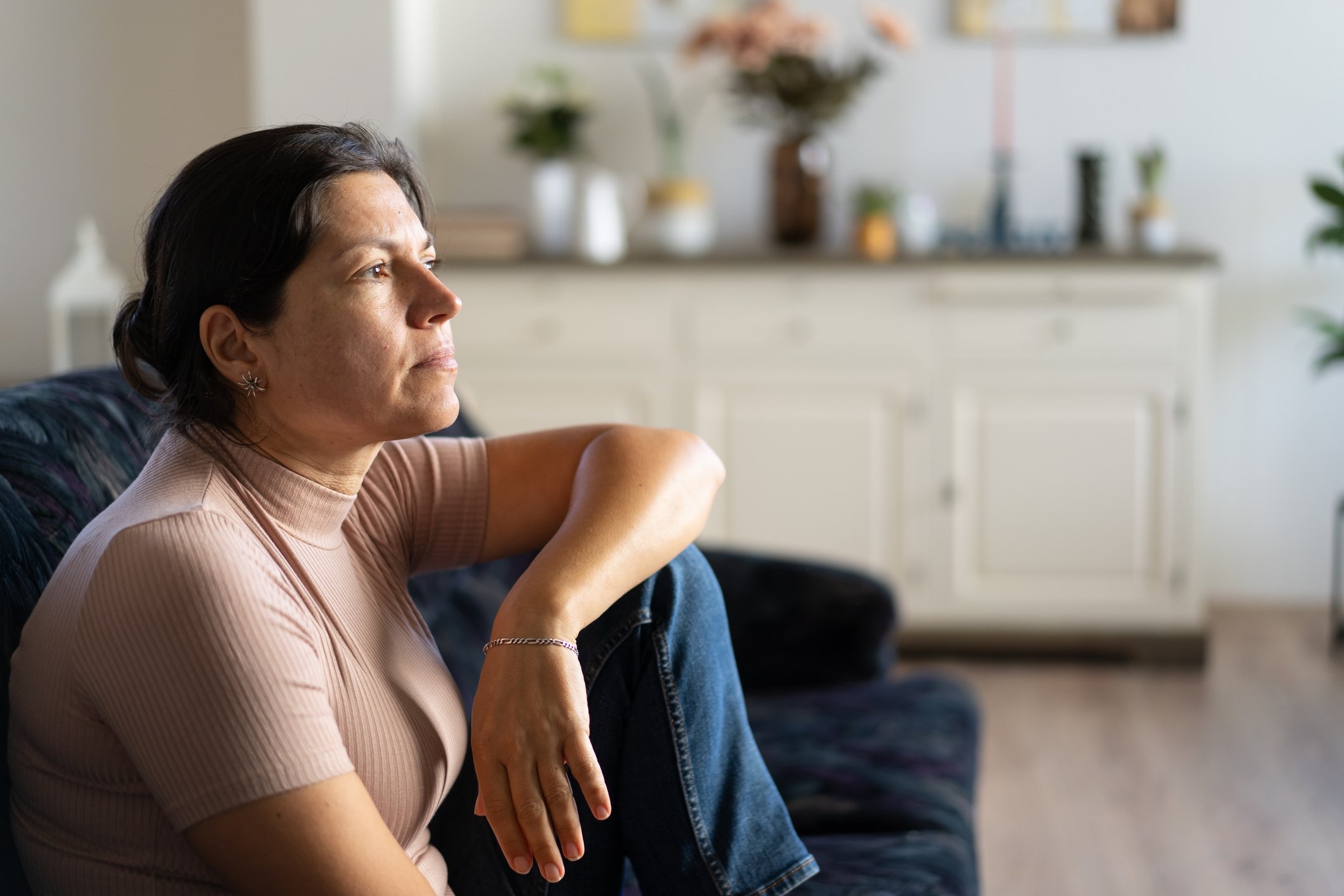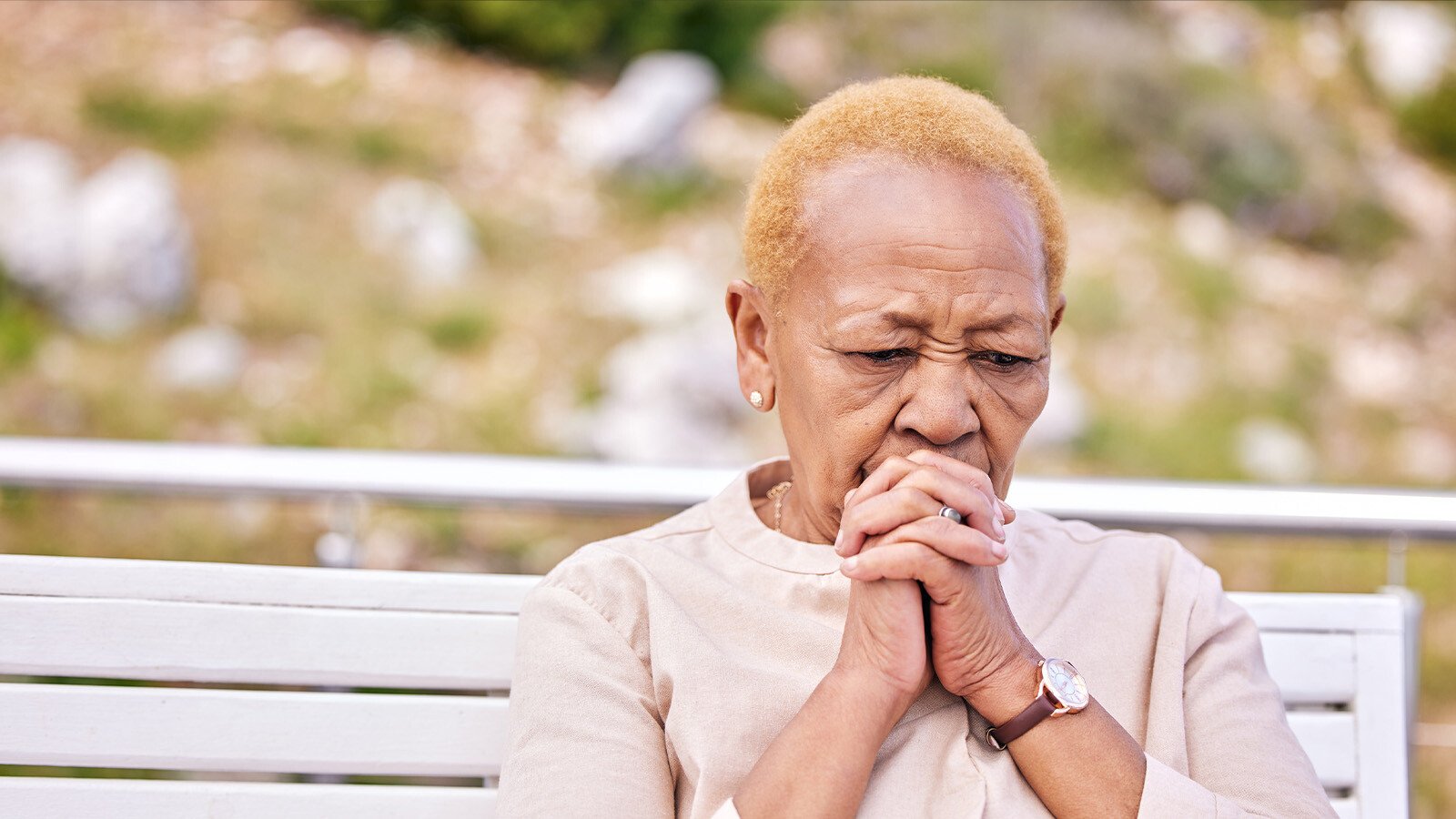When a Father You Hardly Knew Is Gone

Finding a Path to Healing After an Estranged Parent Dies
Yana Jenay Conner had packed away the pain of her childhood deep inside her. Then the phone rang with the kind of call no one sees coming.
The call that cracked a sealed-off heart
It was the final week of a summer‐long college-ministry project in Raleigh, North Carolina. Yana, the team’s young director, was exhausted and feeling distant from God when her sister phoned, sobbing: “He’s dead … he’s dead … he’s dead.” Their father’s appendix had ruptured a few days earlier. A sudden pulmonary embolism had ended his life. Yana bolted to the hotel bathroom, desperate for privacy as hysterical tears overtook her—tears that surprised even her, because as she later admitted, “It’s not like he was an integral part of my life.”
A friend on the trip eventually found her, sat with her on the floor, held her, booked her flight home, and helped her pack. “I was really glad she was there,” Yana recalls, because most of her closest friends were scattered across the country for summer mission work.
That scene—an unexpected death, a bewildering outpouring of emotion, and the sudden need for support—is painfully common among adults who lose an estranged parent. The grief is real, but it rarely fits tidy cultural scripts. This type of loss is complicated, where a person may be grieving both the deceased loved one and the relationship that never fully was.
Why estrangement grief feels different
At the funeral Yana listened to cousins and friends describe a version of her dad she had never met. “It was almost like hearing the history of him,” she says. “That’s when I realized I was grieving not knowing my dad—and not having the opportunity to change the ending to our story.”
Clinical researchers note that ambiguous or unfinished relationships often intensify feelings of regret, anger, or even relief. Yana had to process emotions tied with unrealized milestones, forfeited memories, and “what-ifs” stacked on top of the death itself. Yana’s list included:
- Never going fishing together, though he’d finally asked
- The dream of him walking her down the aisle someday
- The chance to enjoy a sober, restored version of him—something she had only begun to glimpse
GriefShare, a 13-week grief support group program, helps people process the complicated feelings that come with this type of loss. The program offers guidance that helps people identify and name their emotions, as well as direction on how to journal or share your thoughts in a way that leads to coping skills and healing. For Yana, journaling helped her to slow down and figure out what she was feeling and why. She shares, “Journaling gives me space to process and be with my emotions. It’s just a comforting space to express myself, and it helps me when I’m emotionally overwhelmed.”
Forgiveness after death: Finishing unfinished business

Two years before her dad died, Yana had gone to her dad’s house in St. Louis and was surprised to discover bottles of alcohol basically everywhere, which provided an explanation for decades of broken promises. At the time, shares Yana, “I was angry, bitter. … I felt like he was choosing alcohol over me.”
A few years later, Yana found out that her dad was two years sober and wanted to be a present father. “But at that point,” says Yana, “I was like, ‘I don’t need you.’” But then she heard a Sunday sermon on Luke 6, “Be merciful, just as your Father [God] is merciful.” She was convicted to stop withholding forgiveness.
So, the next time she went to St. Louis, she went to her dad’s house and they talked. “I was so moved by how he owned his wrong and said to me, ‘I want to move forward.’ I even apologized for withholding forgiveness from him. It was a really healing moment.
“Two months later I got the phone call that he was dead.”
GriefShare devotes an entire session to this kind of soulwork. The curriculum defines forgiveness as canceling a debt even when the other person cannot repay it—because Christ has canceled yours. That choice frees mourners from endless “if only” loops.
When community carries what family cannot
On returning to Raleigh after the funeral, Yana walked into an apartment where friends had stocked her refrigerator with pre-prepped meals and her favorite foods. They sent cards, texted her, called her, and took walks with her. “I did not feel lonely after my dad died. … They stepped in and loved me in the ways I needed to be loved.”
GriefShare talks about this ministry of presence—people showing up, not fixing you. During the 13 weeks, participants practice both roles: learning to receive help and, when ready, offering it to others.
Siblings, social media, and secondary heartbreaks
Not every relationship grows warmer in the wake of loss. Yana assumed her father’s death would knit her and her sister closer; instead, her sister said she felt they were forcing a relationship they never had. Months later Yana learned from Facebook that her sister had married—and was expecting another child—without telling her. “That was really, really painful,” she admits.
GriefShare labels these ripple effects complicating factors. They may include disputed wills, distant relatives resurfacing, or—like Yana’s case—family members and friends pulling away. GriefShare normalizes these surprises and teaches mourners to expect changes in relationships. The program also offers practical suggestions on how to deal with these changes and communicate effectively with friends and relatives.
When life piles on: Limits, lament, and letting some plates drop
 Yana’s father died the same summer she had left a seven-year job, started seminary, and joined a church-plant staff. At times she found it difficult to find the energy to deal with some of her struggles. But there came a point where she realized she had to respect her limitations and respect the process of grief and not allow other people's expectations of her—nor her expectations of herself—to be in the driver's seat.
Yana’s father died the same summer she had left a seven-year job, started seminary, and joined a church-plant staff. At times she found it difficult to find the energy to deal with some of her struggles. But there came a point where she realized she had to respect her limitations and respect the process of grief and not allow other people's expectations of her—nor her expectations of herself—to be in the driver's seat.
GriefShare reframes that decision as stewarding capacity. Grievers often describe their brains as “foggy.” The program recommends reducing nonessential tasks for a season and adding rhythmic “quiet-time appointments” with God, even five minutes at lunch.
Sorting out tangled emotions—the GriefShare way
During the session 4 video seminar, participants learn that emotions are neither enemies nor dictators. Yana remembers feeling relief that her father’s struggle—and her “hoping-against-hope”—was over. She also felt anger that he’d waited so long to get sober and sadness for memories they’d never make. She calls it “being sad but not fully sad.” Finding out how to sort through and untangle your emotions is an important part of the GriefShare program, as well as a realistic acknowledgment of positive and negative aspects of the relationship.
Faith that outlives the what-ifs
Yana’s story does not resolve in a Hollywood reunion. Her sister remains distant; her father is gone. Yet she speaks of a better ending where God walks with her now and promises complete restoration later. That hope—rooted in 1 Thessalonians 4:13–14—guards against cynicism without denying loss.
A GriefShare-guided roadmap for readers
Below are some tips drawn from Yana’s journey and the GriefShare support group program:
- Name your losses: List the “could-have-beens” and missed milestones. Bring them into prayer and group discussion.
- Journal your emotions: Write down what happened and how it made you feel. GriefShare’s guided journal can show you ways to process your thoughts and find relief.
- Consider forgiveness: Forgiveness could be described as canceling a debt, even when the other person can’t repay it. This frees you from bitterness and guilt.
- Ask for help: People want to help you, but may not know how. Don’t hesitate to let them know what you need (meals, tasks, help with chores, a listening ear).
- Expect relationship shifts: Loss can impact connections with family and friends. GriefShare offers tips on what to say (and not say) as you navigate these changes.
- Respect your limitations: Give yourself permission to slow down and create space for rest and renewal.
Why a group support accelerates healing
 Researchers at Columbia University found that adults attending faith-based bereavement groups report significantly lower complicated-grief scores at six months compared with self-directed mourners. GriefShare’s model—video teaching, small-group discussion, and a participant workbook—offers structured reflection and immediate peer empathy.
Researchers at Columbia University found that adults attending faith-based bereavement groups report significantly lower complicated-grief scores at six months compared with self-directed mourners. GriefShare’s model—video teaching, small-group discussion, and a participant workbook—offers structured reflection and immediate peer empathy.
Healing after the death of an estranged father is never linear, but—like Yana—you can move from bewildering sorrow to informed, Christ-centered hope. The story’s ending may remain imperfect; the Author’s [God’s] goodness does not. When you dare to grieve honestly, forgive boldly, and walk in community, the empty chapters begin to fill with unexpected grace.
If you are ready for guided companionship in that process, a chair is waiting for you at the next GriefShare meeting.


